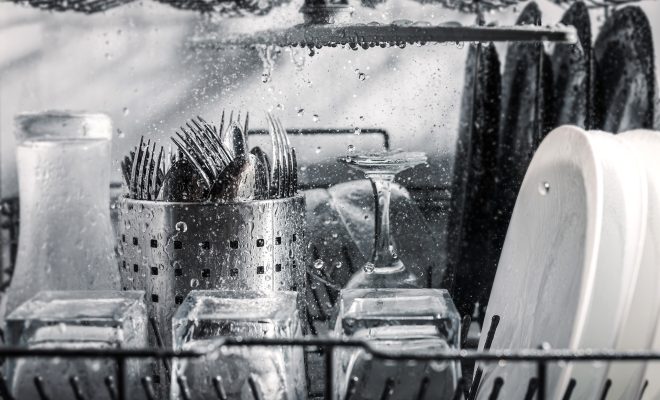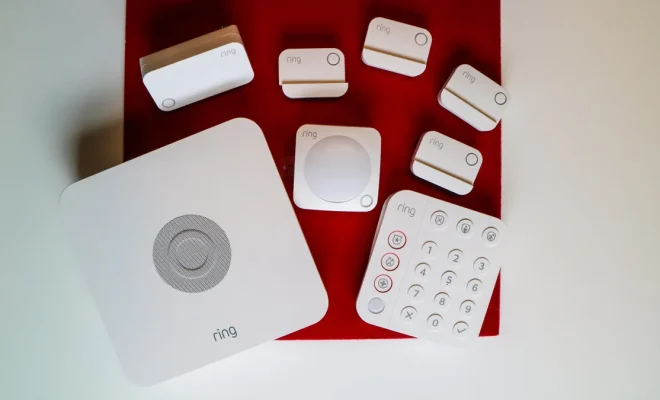How Much Water Do Dishwashers Use? A Comprehensive Guide

Introduction:
Dishwashers are an essential appliance in many households, offering quick and efficient cleaning of dishes, glassware, and utensils. With an increased focus on sustainability and resource conservation, people often ask how much water dishwashers use. This article will delve into the water consumption of dishwashers and discuss the factors affecting their efficiency.
Modern Dishwasher Water Consumption:
Today’s dishwashers have come a long way since their early iterations in terms of water efficiency. On average, modern dishwashers use approximately 3 to 4 gallons (11 to 15 liters) of water per cycle. This is significantly less than the 6 to 12 gallons (22 to 45 liters) used by older models.
Factors Affecting Water Consumption:
1. Cycle setting: Different cycle settings require varying amounts of water. Shorter or lighter cycles use less water than heavy cycles intended for dealing with heavily soiled dishes.
2. Load size: Overloading or underloading a dishwasher can impact its water consumption. Properly loading the dishwasher ensures optimal water distribution and minimizes waste.
3. Dishwasher model: Energy-efficient models typically use less water than non-certified models or older appliances due to technological advancements and design improvements.
Comparing to Handwashing:
When considering the environmental impact of dishwashing, it’s important to compare dishwasher usage with handwashing. Washing dishes by hand can vary greatly in terms of water consumption, depending on factors such as faucet flow rate and user habits. If one subscribes to environmentally aware practices like filling a sink basin rather than keeping the tap running, it is possible to match or even surpass the efficiency of a dishwasher.
However, studies have shown that on average, dishwashers tend to be more efficient than handwashing in terms of both water and energy consumption.
Water-Saving Tips for Dishwasher Users:
1. Choose an Energy Star-certified dishwasher, which typically uses less water and energy than non-certified models.
2. Regularly clean the dishwasher filter to maintain its performance and water efficiency.
3. Run the dishwasher only when it is fully loaded to minimize the total number of cycles.
4. Scrape away large food particles before loading dishes but avoid pre-rinsing, as modern dishwashers are designed to handle some leftover food particles, and pre-rinsing wastes water.
Conclusion:
Modern dishwashers are generally more efficient in terms of water usage compared to handwashing, especially when used responsibly and maintained properly. By choosing an energy-efficient model and adopting mindful practices in the kitchen, homeowners can minimize their water consumption while still enjoying the convenience of a dishwashers.






